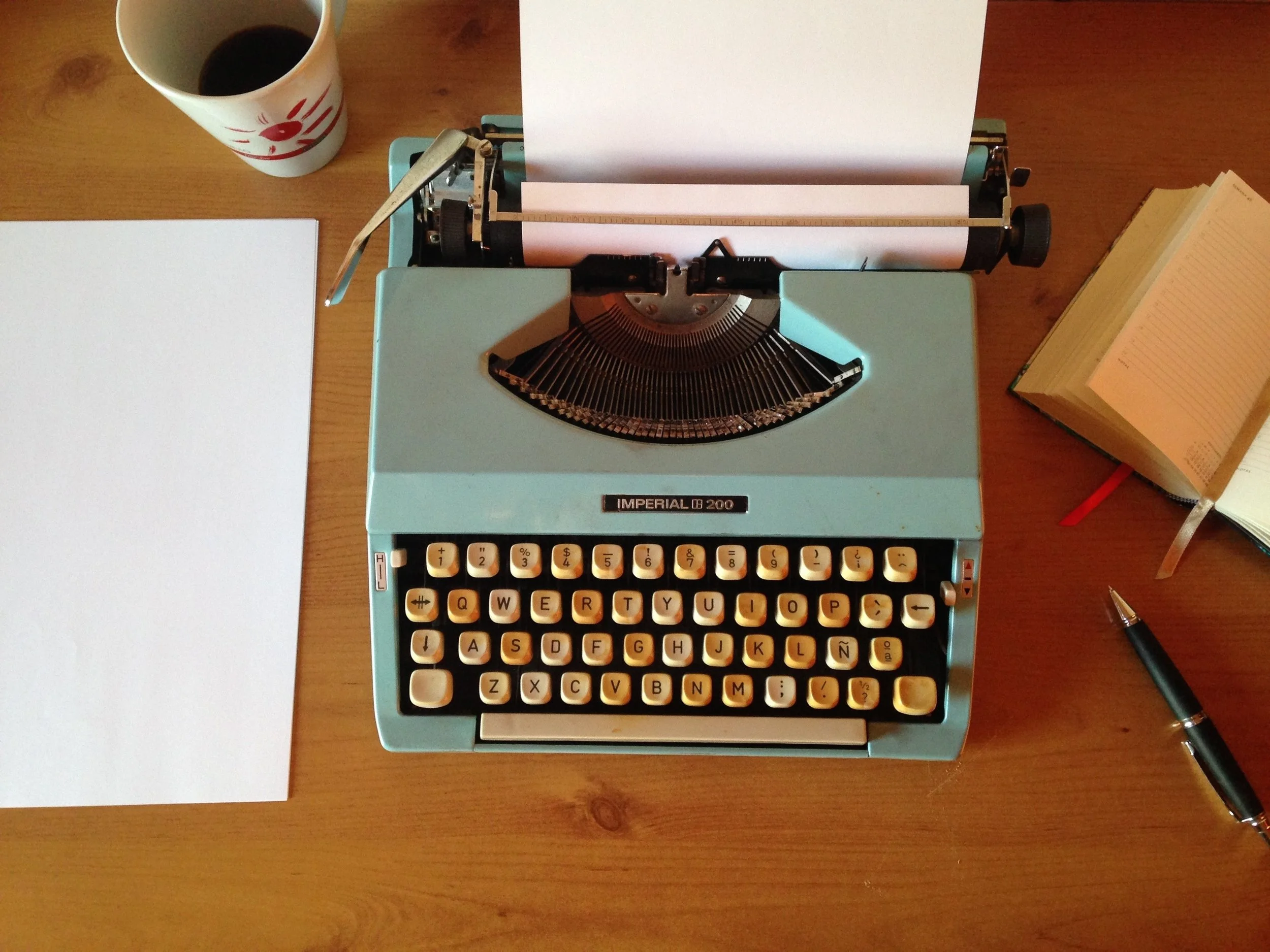Copyrighting Your Work. Understanding The Rights To Your Copy.
Congratulations! Completing your project wasn’t easy. You poured your heart and soul into the once blank space and now it’s time to let the world know it’s here. But first, you want to make sure no one else runs off with your hard work.
Well, you can relax a little, at least for the moment. Because you’re already protected - sort of. The United States copyright law protects authors and artists against would-be infringers immediately upon the completion of their work. The copyright clause in our United States Constitution empowered Congress to “promote the progress of science and useful arts, by securing for limited times to authors and inventors the exclusive right to their respective writings and discoveries.” United States Constitution, Article I, Section 8, Clause 8 (1787). Further, the Copyright Act of 1790 and its succession of updates have been instrumental in protecting so many creative minds and milestone discoveries throughout our nation’s history.
The policy behind copyright law is to foster fluidity and the progression of the exchange of information. The policy further intends to help others benefit from useful arts and sciences and to motivate those creators by providing license to retain financial interests in their endeavors. Your new work is worthy of such protection!
But, before jumping for joy with your newly copyrighted work, you do have some minor technical concerns. True, you are protected, but you may be the only one to know that. Also, there may come a day when you’ll have to prove that protection. As such, it would be wise to get your book registered.
The United States Copyright Office offers some amazing services for those who want to make a contribution to the literary world. Through their platform, you can submit your work to boost your copyright protection. The process accomplishes two distinct missions: First, in the event of infringement litigation, it will allow you to prove that you are indeed the author of your work; and second, it enhances the government’s own collection of works. This registration is vital to an infringement case, should you need to bring one. Plus, you may be entitled to additional damages not easily quantified or recoverable if you decided not to register.
Now that you’ve decided to register your work with the United States Copyright Office, you should be aware of some general limitations. For example, some will be entitled to disseminate parts of your work under the “fair use” doctrine codified in Title 17 of the United States Code, which states "the fair use of a copyrighted work ... is not an infringement of copyright." 17 U.S.C. § 107.
This means that even though you are automatically protected upon completion of your work and even went the extra mile to properly register, some will still be able to use it with impunity under some rather broad exemptions to your copyright protection. Federal courts have ruled that there is no infringement in cases where they can answer the following in a light favorable to the defending party:
a. Was the material used in a non-commercial way? Meaning, if your work was used by someone who failed to receive a monetary benefit, you may not have a valid copyright infringement case.
b. Was the nature of your work more on the creative/imaginative side or was it more of a technical undertaking? Courts will be slightly less inclined to protect the latter as the information may be considered discoverable to several researchers and technical authors.
c. How much of your copyrighted work was misused or “fairly used” in proportion to the entire work? Some federal courts have allowed minor transgressions, depending on the size and scope of the material.
d. Does the unlicensed misuse present conceivable financial harm to you, the copyright holder, or was the misuse presented in an alternative market or in a way not in your direct line of pursuits?
These “fair use” considerations are out there, so be prepared to police your material with that in mind. Courts have broad discretion to review the presumed infringement on a case-by-case basis and as in other areas of the law, it’s constantly evolving. To do your best to avoid potential legal pitfalls, you should seek the assistance of a credible Intellectual Property Attorney. Until then, hopefully the info here helps a bit.
Good Luck!
Disclaimer: We are not attorneys and cannot provide legal advice. The research-based content presented does not in any manner serve as legal advice and is to be used for informational purposes only.







